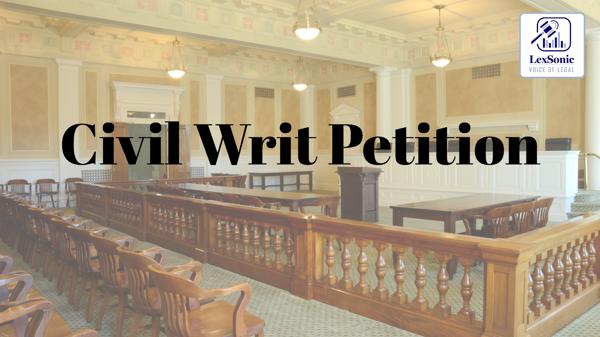Bombay High Court Declines to Mandate Retrospective Customs Duty Correction, Directs Consideration of Representation.
07 July 2025
Civil Writ Petition >> Civil & Consumer Law
In Aarti Drugs Limited, Mumbai v/s Union of India, Notice to be served through Ministry of Finance, New Delhi & Others the Petitioner sought three main reliefs from the High Court concerning the customs tariff under sub-heading 293359 of Chapter 29 of the Finance Act, 2022.
Firstly, the Petitioner requested a writ of certiorari to quash the omission of certain tariff items and a writ of mandamus to revise the Basic Customs Duty (BCD) for these items from 10% to 7.5% effective from May 1, 2022. The Petitioner argued that "obvious errors" or "clerical errors" had led to incorrect tariff rates and that the subsequent corrections, effective from February 1, 2025, or May 1, 2025, should have been applied retrospectively from May 1, 2022.

Secondly, and in the alternative, the Petitioner sought a writ of mandamus directing Respondents 1 and 2 to decide on their representation dated March 23, 2024, which requested the same retrospective revision of the BCD.
The Respondents, represented by Mr. Mishra, opposed the petition, contending that once a tariff heading is prescribed by the Finance Act, it represents the legislative will, and courts should not interfere through judicial review in such matters. Mr. Mishra cited the Supreme Court's decision in Amin Merchant Vs Chairman, Central Board of Excise & Revenue to support this argument.
The High Court largely agreed with the Respondents. It stated that it is not within the Court's purview to rule on alleged "errors" in legislative instruments or to direct the legislature to correct them. The Court emphasized that its role is to interpret laws, and it can only strike down a law if it is unconstitutional or lacks legislative competence, not to dictate legislative amendments or their retrospective application. The Court noted that the prospective correction by the legislature does not automatically imply an acceptance of prior errors or warrant retrospective application by judicial order.
However, regarding the third prayer, while the Court clarified that a mandamus cannot be sought as a matter of right for deciding a representation, it acknowledged that if a grievance has been raised, the representation should be considered. Consequently, the Court requested Respondents 1 and 2 to dispose of the Petitioner’s original representation dated March 23, 2024, and a supplementary representation (to be filed by the Petitioner within two weeks) within a reasonable period. The Court explicitly stated that this was not a writ of mandamus but a request for consideration, as these matters fall within the purview of the Respondents.
The petition was disposed of without an order for costs.
